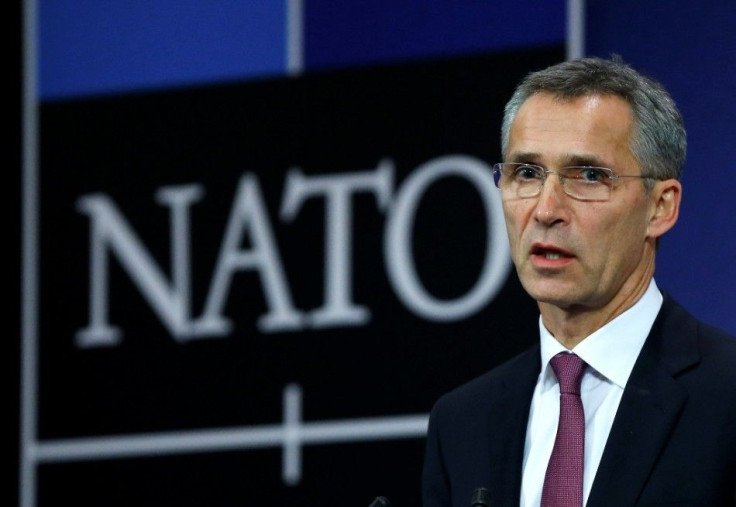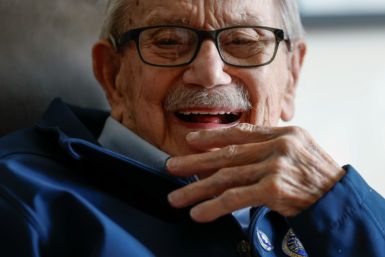Russia’s Threat Will Not Work With NATO Members, Says UK Defence Minister Michael Fallon

Britain's defence secretary Michael Fallon has stated that NATO members like Romania and Britain will not be intimidated by Russia's threats. His comment assumes significance in the wake of the recent threat held by Russia against Denmark that it will not mind nuking its warships if Denmark joins NATO's anti-missile shield.
Fallon said in Bucharest that “neither Romania nor Britain will be intimidated by threats to its alliance or its members," during a visit to the city. Mikhail Vanin, Russian ambassador to Denmark, had warned in a media interview that Danish warships could be targeted by Russian nuclear missiles if the Danes join the NATO’s missile defense system. NATO has been developing bases in the Romanian town of Deveselu and also in Poland.
Russian Threat
The Russian ambassador noted that Denmark's move towards better integration with the Western alliance NATO would be a “threat to Russia,” and Denmark will have to accept the consequences, reports Independent. Vanin told the Jyllands-Posten newspaper: “I do not think that the Danes fully understand the consequences if Denmark joins the US-led missile defence shield. If that happens, Danish warships become targets for Russian nuclear missiles.” A translation of it published by the Copenhagen Post quoted Vanin as saying that it is Denmark’s decision and relations with Russia will be damaged and it would lose both money and security.
The threat comes in the backdrop of heightened tension across eastern Europe, with Western powers pushing sanctions against Russia until the terms of a Ukraine ceasefire agreement are met.
Giving Denmark’s reaction, Martin Lidegaard, the Danish foreign minister condemned the Russian diplomat’s use of threats. He called it unacceptable and said despite disagreements with Russia on many things, it is important that the tone between the two remained as positive as possible.
Destroyer to Black Sea
Offering Britain's reinforced support, the British Defence Secretary said the U.K. would send one of its newest destroyers to the Black Sea port of Constanta in the fall. He said the U.K shared Romania's concern about threats to security on the Black Sea region. NATO has decided to set up command-and-control centers in Latvia, Estonia, Lithuania, Poland, Romania and Bulgaria by the end of 2016 to address new challenges from Russia and Islamic extremists and also to reassure eastern partners of more security.
Romania is also set to become the base of a multinational division headquarters for the southeast and Poland. In an emergency, NATO expects, these centers would speed up the deployment of quick-reaction force. Meanwhile, Britain has offered 20 million pounds to Brussels to strengthen “democratic institutions across EU states” that are under the threat of intimidation from Russia. An official said it is in the long-term interest for the U.K. to see strong and stable states in Eastern Europe and a safeguard to prevent the next Ukraine.
(For feedback/comments, contact the writer at kalyanaussie@gmail.com)






